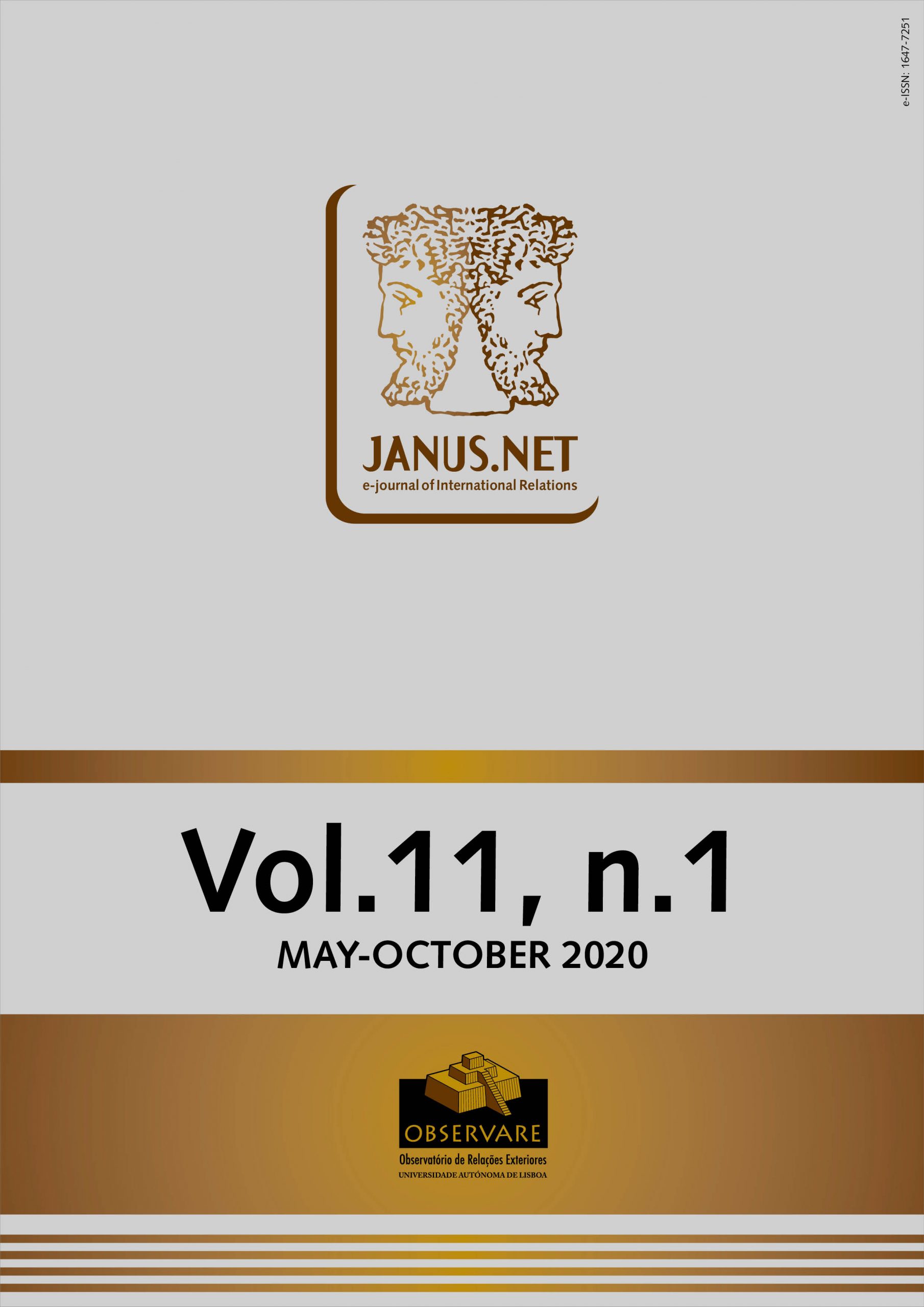This paper examines some aspects of Axel Honneth’s normative theory, focusing on his theory of recognition, that can contribute to the renewal of human rights. To this end, it will start by making a few philosophical considerations about the justification and content of human rights, exploring the dialectic on the unity and diversity of human rights, in order to liaise the struggle for human rights and the struggle for recognition. It intends to move human rights away from the current inherent to Kantian philosophical thought, weakened by the decentralization of the European culture and conducted by 20th century postmodern reflections and by the critique of its categorical imperative as a pure duty of submission. It also examines the way to open space for a renewal of the discourse so as to enable it to confront delimited cultural and historical challenges. Other critical perspectives are included in this theoretical association, whether regarding the anti-utilitarian aspect, or the aspect of the gift paradigm, in order to contribute to the ethical renewal of human rights.
AXEL HONNETH’S NORMATIVE PROPOSAL FOR THE RENEWAL OF HUMAN RIGHTS
Holder of a Ph.D. in Legal-Political Theory and International Relations and of Master and Bachelor Degrees in Sociology. He has participated in social intervention projects within the scope of European programmes. Author and participant in several projects, he has had coordination roles at Novo Dia - Association for Social Inclusion (IPSS). He was Regional Director of the Social Solidarity Section. He is a researcher at CICP - Centre for Research in Political Science at the University of Évora (Portugal). His main research interests are Political Science and Political Philosophy.
Resumo
Palavras-chave
Como citar este artigo
Fontes, Paulo Vitorino (2020). “Axel Honneth’s normative proposal for the renewal of Human Rights”. JANUS.NET e-journal of International Relations, Vol. 11, N.º 1, May-October 2020. Consulted [online] on the date of the last visit, https://doi.org/10.26619/1647-7251.11.1.1
Article received on 14 July, 2019 and accepted for publication on 30 March, 2020















